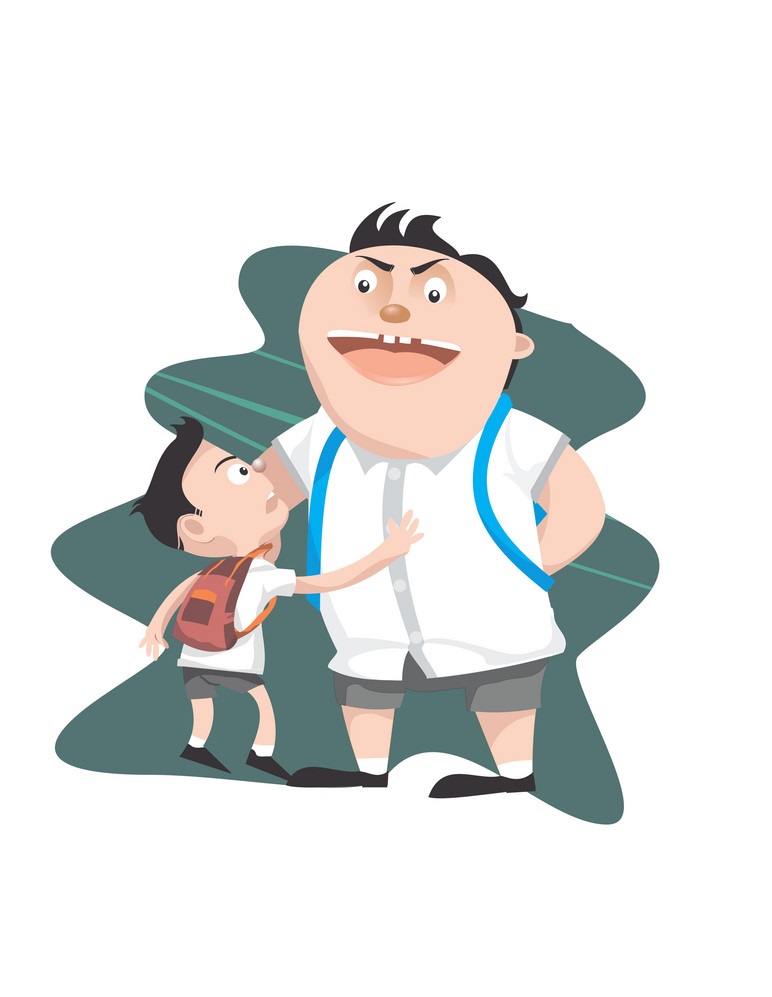HELP YOUR CHILDREN DEAL WITH BULLYING
Playfully teasing one another is pretty common amongst children and they also find it funny. However, when the same teasing becomes constant, hurtful and is not mutual, it turns into bullying. Causing intentional physical, emotional/mental or verbal torment to someone is bullying. And since being bullied could affect children in many ways (like having some confidence or trust issues) that could last for a lifetime, it is extremely important to pay attention to it and not brush it off.
Why do children bully?
There could be various reasons why a child would bully another. From wanting to assert power or having troubles back home, children generally bully someone they find physically or emotionally weaker or different.
How would I know that my child is being bullied?
It is not necessary that every child will share with their parents that they are being bullied. However, some sudden changes in behaviour could indicate problems. Not wanting to attend school, a sudden drop in grades, trouble in sleeping, mood swings or not wanting to do things that they generally enjoy doing could be some indicators.
How can I help my child?
At times, it is very difficult for children to see the difference between right and wrong or understand who is at fault. They could end up thinking that they are being bullied because of their fault - because they look or think or behave in a certain way. Reassure your child. Respond and do not react. Listen to your child patiently and do not jump into conclusions. Always be your child’s emotional anchor.
Talk to them
It is very important for parents to talk to children. Assure them that they have done a good thing by talking to you and that together, you will find a solution. Make sure that your child knows that he/she is not at fault here. Help your child understand that a bully is not a bad person, but is someone who has a behavioural concern.
Act quickly
Do a quick check of the children with whom your child is interacting/playing with. Ensure that your child is not playing with children way too older than him/her. Share your observations regarding the behavioural changes with the Class Teacher/Principal of the school. You can also try to get in touch with the bully’s parents.
Make your child bully-proof
Teach your child to respond to bullies with confidence. Tell them that they do not need to fear bullies and should always speak up in front of them. Also, make sure that your child knows to respond in the right way by using a confident body language and not by saying or doing mean things to the bully.
The aftermath
Having good friends who bring positivity and lend support can help a lot in situations like these. Incidents of bullying could cause low self-esteem in children and we can help them rebuild it by giving them a positive environment. Create a platform at home where your children can talk to you openly without having the fear of being evaluated or compared with others. Every single day when the child sits for the evening snack, speak to him about his day and provide him the emotional comfort that a child deserves from the parents. Tell him, it’s fine to commit mistakes, it’s fine to fail, it’s fine to think differently but it’s not fine to hide things from you. Equip your child to navigate through such situationswith positivity.



